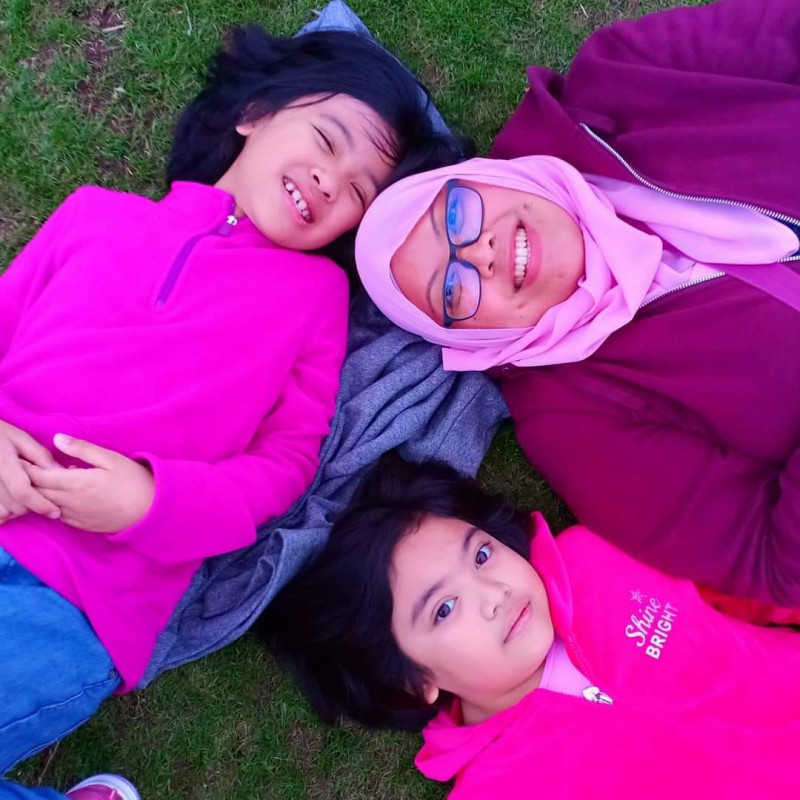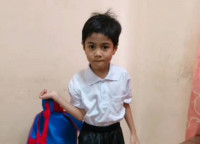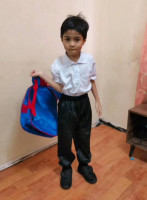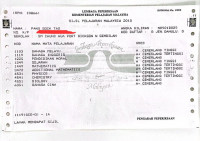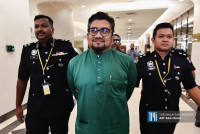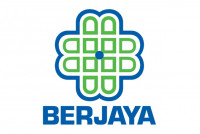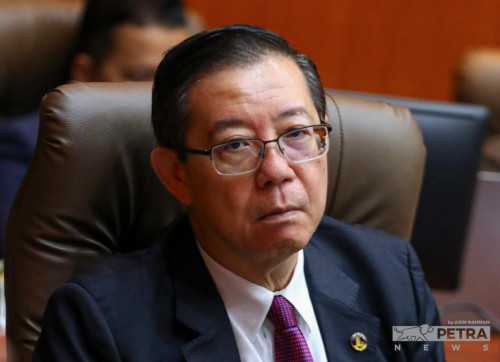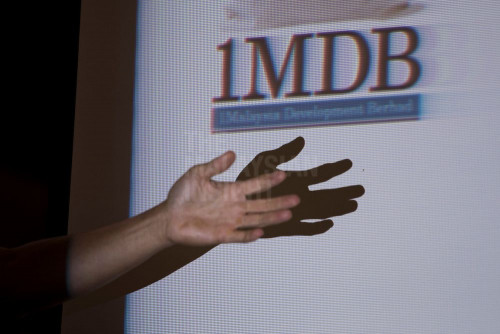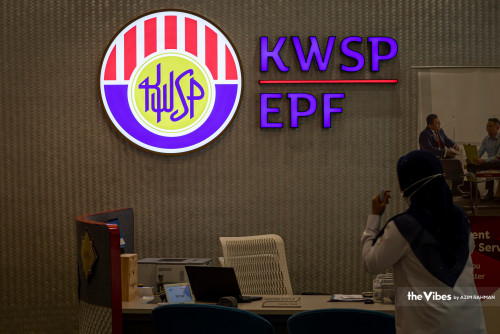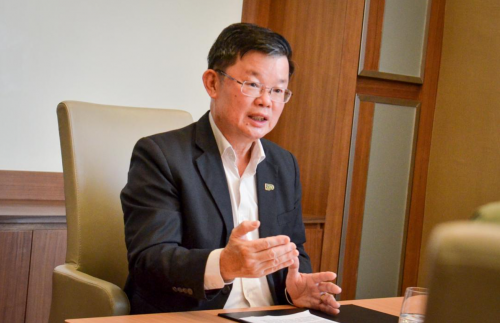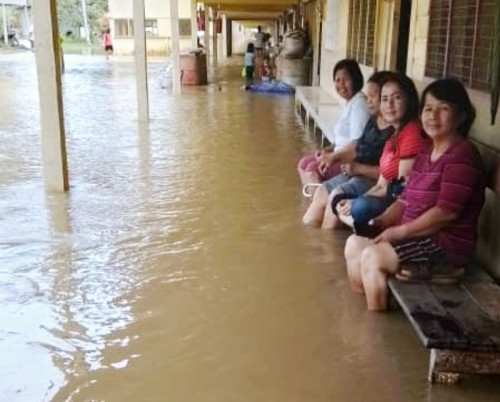GRACE.
That is the name of the child I did not have. I was in love, and we were expecting. However, I was gripped with a fear that held me hostage into believing the worst that had been said about me. I struggled with the multiple labels put on me then by different healthcare professionals and I feared bringing a child into this world.
If I could not understand myself, how could I raise a child of my own? Facing all judgement that came my way then, Grace is not with us today.
When I got diagnosed with autism, I also grieved for what I had chosen to let go of in the years of struggling through the misdiagnosis and the complex trauma of falling between the gaps of a healthcare system that overlooked women like me.
Not having the courage to embrace motherhood was my deepest grief.
Since I had always wondered what would I have been like as a mother? Would I still be one?
My own relationship with my mother was fraught with difficulties. When two people are entwined as mother and daughter, there are so many opportunities for a relationship to be filled with joy, happiness, and companionship. However, when a mother and daughter are unable to find a way to understand themselves and each other, the struggle can lead to estrangement, and it can be filled with crushing emotional pain.
Being undiagnosed and looked over when I was younger, there would have been no way for my mother to have known how to support me, and with me not having the language to describe what I was going through – we were disconnected from the very start. I struggle to reframe our experiences with each other, and it remains a constant search in me for answers to what defines and informs us as parents, and as a child.
Nik Nadia Nik Mohd Yusoff, 41, fondly known as Nik Didi, is mum to two autistic girls. She is a full-time homemaker and carer for her daughters, while her husband is an engineer in the private sector.
Her eldest daughter, Aufiya, 13, was diagnosed when she was just three years old.
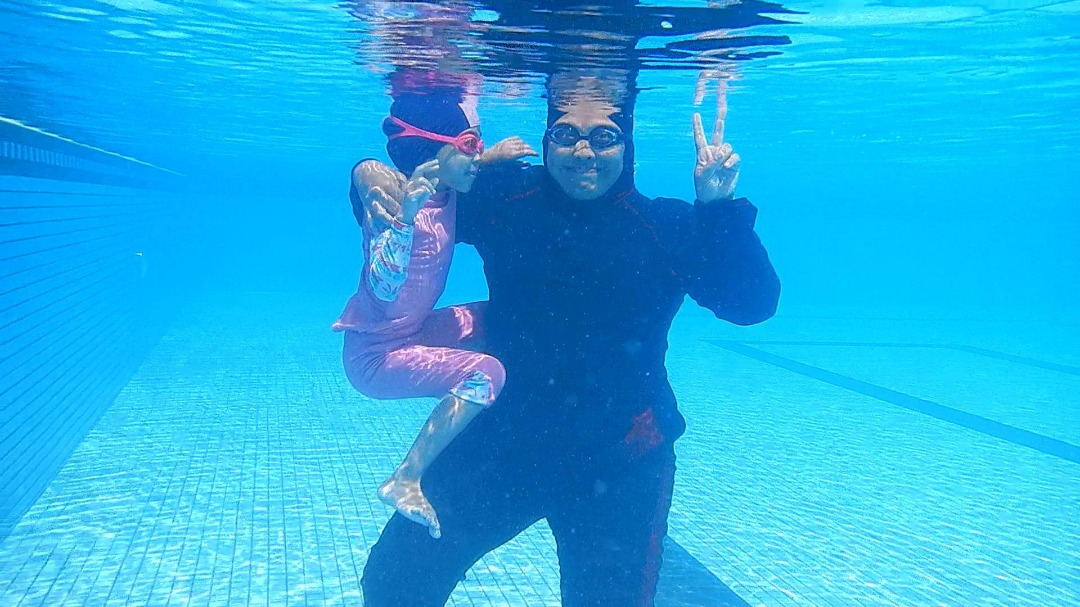
Nik Didi recalls Aufiya as an easy baby. She describes Aufiya as a mild-mannered baby who hardly cried. Being a first-time mother, she did not think too much of it and was relieved that motherhood had been gentle to her.
However, it was when she had her second daughter Emilea, now 11, that Nik Didi and her husband noticed the difference in Aufiya’s mannerisms and demeanour from other more typically developed children.
Aufiya started having frequent meltdowns as her senses were developing as a toddler, causing a sudden spike of sensory overload experience. They also realised that Aufiya did not interact closely with her sister Emilea who was just born then and did not seem to take a typical interest in her sibling. Her verbal ability had apparently regressed, even though she was able to read and recognise words.
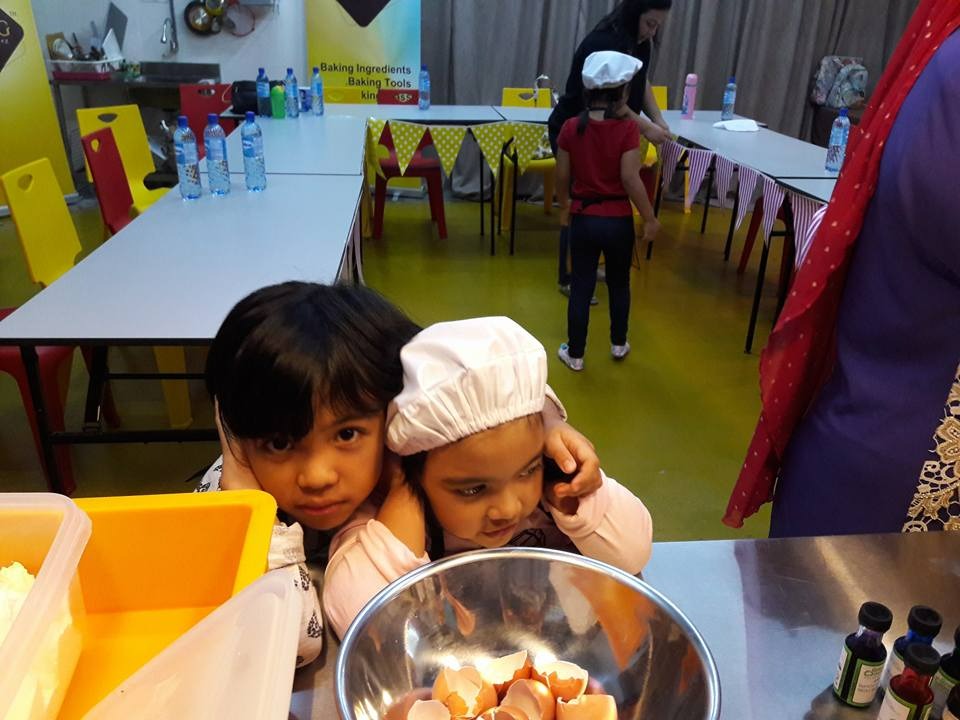
This marked the beginning of Nik Didi’s consumption of all available information and every possible avenue, in hope that she could find a cure for her child when Aufiyas was diagnosed formally with autism. Aufiya was in various therapy regimens up to three times a week, and this was further increased when she started kindergarten.
In an incident later where both the sisters were admitted to the hospital for a fever, the paediatrician noticed Emilea’s mannerisms to be similar to Aufiya. She was subsequently also diagnosed with autism; a mere two years after Aufiya’s diagnosis.
“When Aufiya was first diagnosed, I was incredibly sad. It felt as if my idea of a dream child was met with premature death. I felt like the child I knew was no longer the same child I was going to raise. With so much that’s being said about autism, that I now know to be just myths, I was afraid for their future. So I put in the effort year after year, hoping to close the gap for them to be normal.
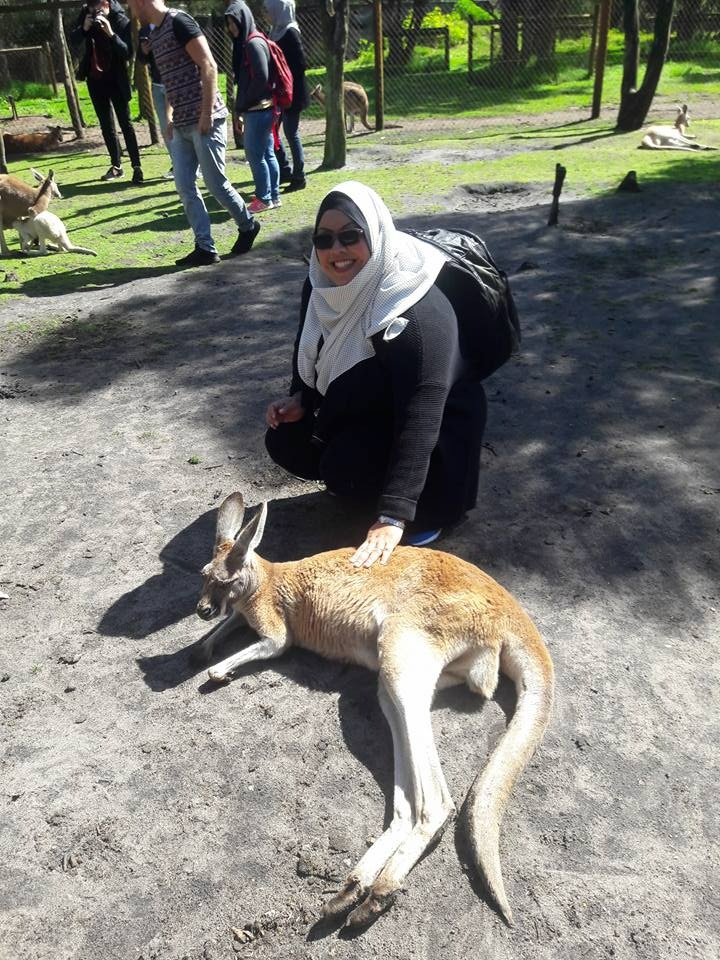
“I believed that if I worked hard now to send the girls to therapy, interventions, sensory integration, they would be able to get into mainstream school and we will be OK. The therapy can then stop and we won’t have to spend hours and days going from one centre to another."
Nik Didi also confessed that she used to believe that autistic adults who could advocate for themselves must have not struggled enough to be a problem and they did not need therapy and early intervention like her daughters did.
She could not feel any more wrong about her belief today as she learns about the experiences of autistic adults and how internalised their trauma could be. Her experience is representative of many other mothers, or parents when faced with their child being diagnosed with autism.
Often, they are either drowned in a sea of information or faced with a lack of information. There seems to be no middle ground in looking for a clearly defined pathway of what comes after a diagnosis.
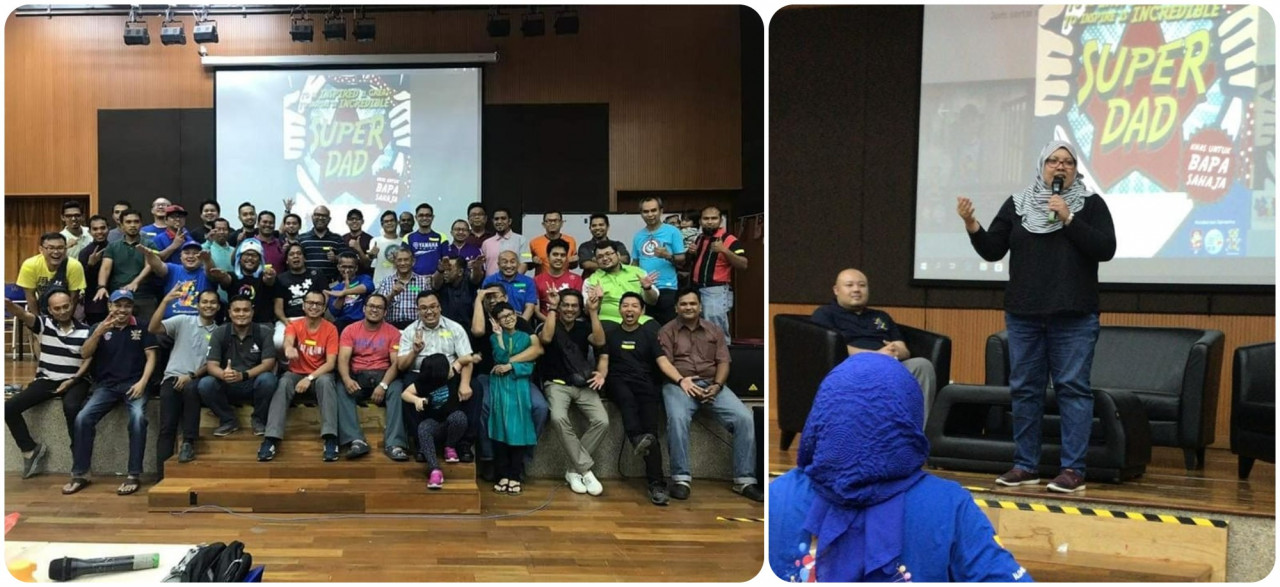
For Nik Didi, it was seeking strength within a community that helped her with her understanding of autism. She is a person who enjoys talking and sharing, she started organising events for other parents who are like her, and are part of the committee for one of Malaysia’s largest parent support Facebook groups, Autisme
Malaysia. In the last six years, Nik Didi has been a very vocal and active advocate for autism awareness and acceptance. She feels that supporting this cause, is also her way of understanding autism for the sake of her daughters.
“Through all this, I had a paradigm shift. Understanding the complexity of autistic minds taught me to be there for the girls through their fears and anxieties, rather than pushing them through while ignoring their needs. For autistics, most of the behaviour is a reaction which we often misunderstand as consequences. We are too quick to judge and react based on societal expectations. If we give more space in our heart to see the children as they are instead of what we wish them to be.”
Mothers like Nik Didi, are much-needed advocates for younger autistics who have yet to be able to advocate for themselves. Globally, there has been a huge debate over the voices of autistic youths being drowned by their caregivers; but I believe it is also important to toe the line carefully like Nik Didi, in advocating for her daughters to be ready for the world, and for the world to be kinder to those who are different.
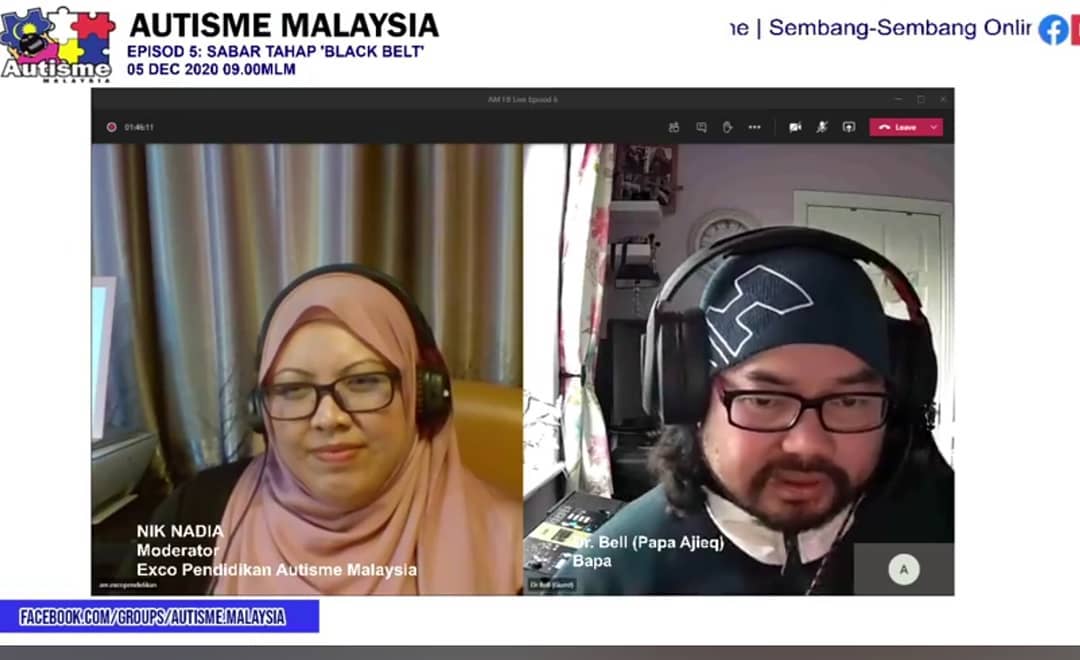
Raising girls in the world today is difficult enough, what more in preparing autistic girls who will grow up to be women. Aufiya had cheekily confessed that she wants to be married someday. Nik Didi is embracing that and taking it on the chin to raise her daughters to be women who will know their worth in the society we live in.
“I am not alone. In this age of social media, and camaraderie with other parents, there are a lot of us who are working hard to change society’s perception of our children. We also want our children to hear and have heroes who are like them, autistic adults whom they can relate to.
“Another parent, Desiree Kaur, is also engaged in shifting perspectives of how we view autism in Malaysia. She runs a resource site-specific for parents called Project Haans inspired by her autistic son.”
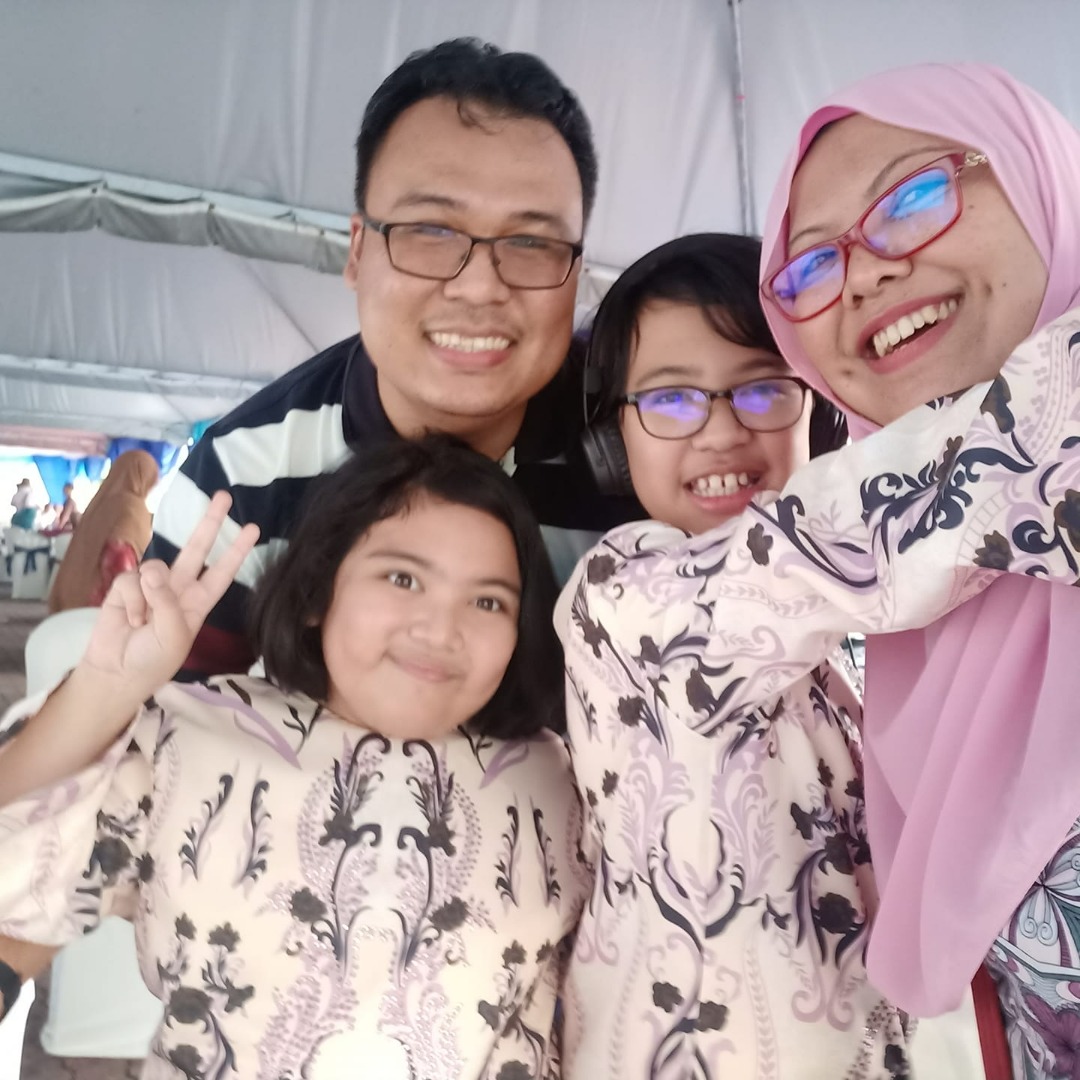
Nik Didi’s story tells of a mother who was thrown a curveball in her motherhood journey – she thrived and embraced her journey by leaning on a community.
What about mothers who are caught in a system that has not been so fair to them?
Ivy Whitbread, 48, is a Malaysian living in the UK for the last 25 years. When she speaks of her upbringing, she recalls a home environment that was unforgiving of a young girl being anything less than the expectation of an obedient and compliant daughter. She was often punished physically, and home was often loud and overwhelming for her.
Ivy is extremely intelligent and streetwise. This enabled her to navigate through her childhood abuse, chaotic family dynamics and home instability by being exceedingly smart in school, enabling her to further her education abroad in the UK upon finishing school. The escape from home in many ways was a relief to her to be away from her traumatic environment.
Ivy grew up thinking that it was normal for a man to beat their wives. She only found the courage to leave her first husband when it finally dawned on her that what she was going through was not normal. She found herself back in the UK again after escaping that marriage.
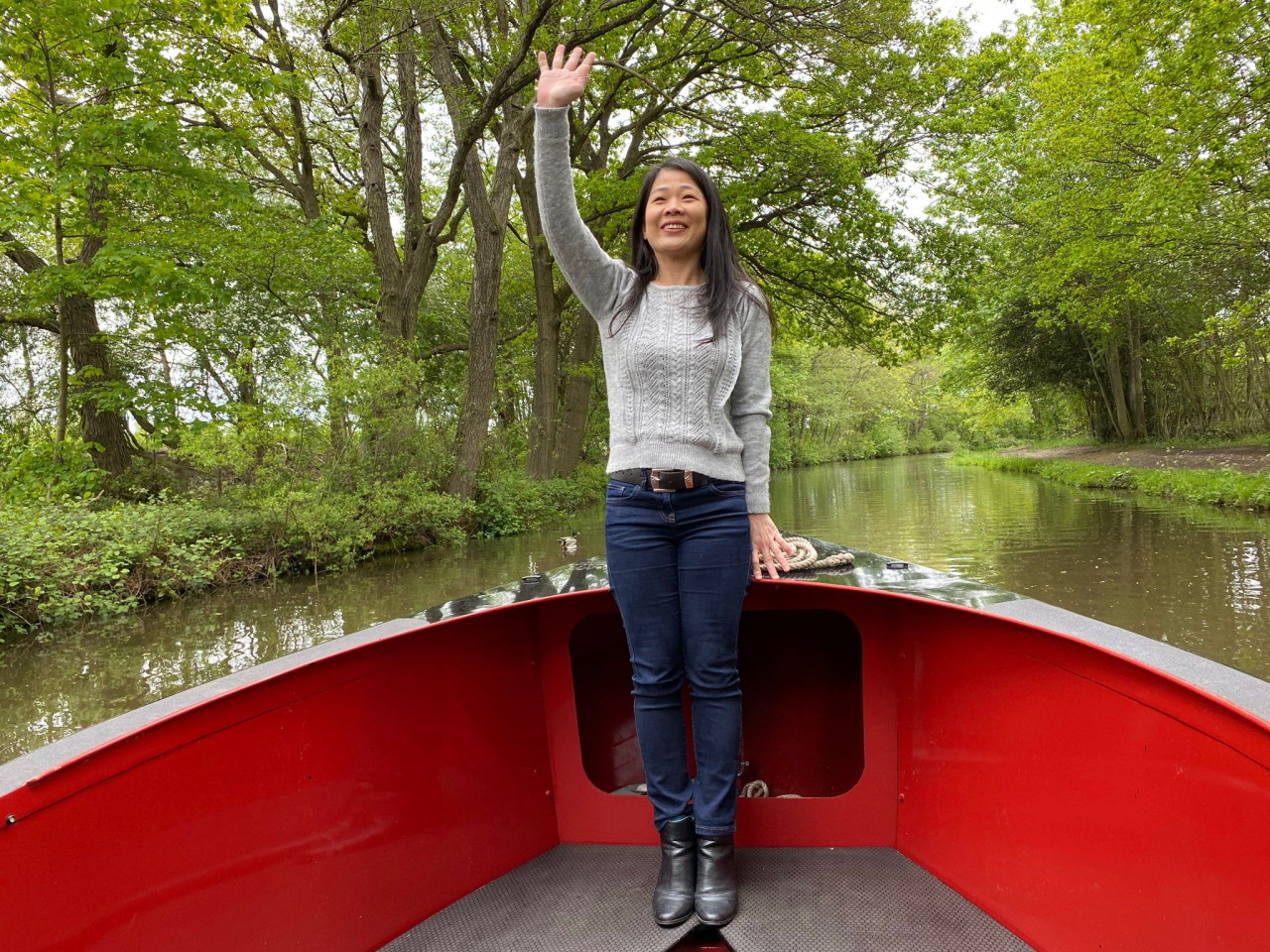
While she also speaks of knowing from a young age that she was different, she never could quite put a finger on what was triggering her anxiety and shutdowns.
It was only after traumatic childbirth with her son Seth that life’s demands finally tipped over the edge for Ivy.
Her concern over her painful childbirth was not taken seriously and she was often gaslighted into believing that she was making a molehill out of nothing. It led her to develop complex PTSD and she sunk into a cycle of manic depression.
Being a young first-time mother, away in a very different culture, Ivy was barely coping. She was put on a high dose of medication and clinically diagnosed with OCD. She felt all these years were lost to her as she was constantly overwhelmed by being a young mother under heavy psychiatric drugs, leaving her numb and disorientated.
As her second marriage failed, she found herself lost and isolated, being bullied at work, and there was barely room for her to breathe and returning home to Malaysia was not an option either.
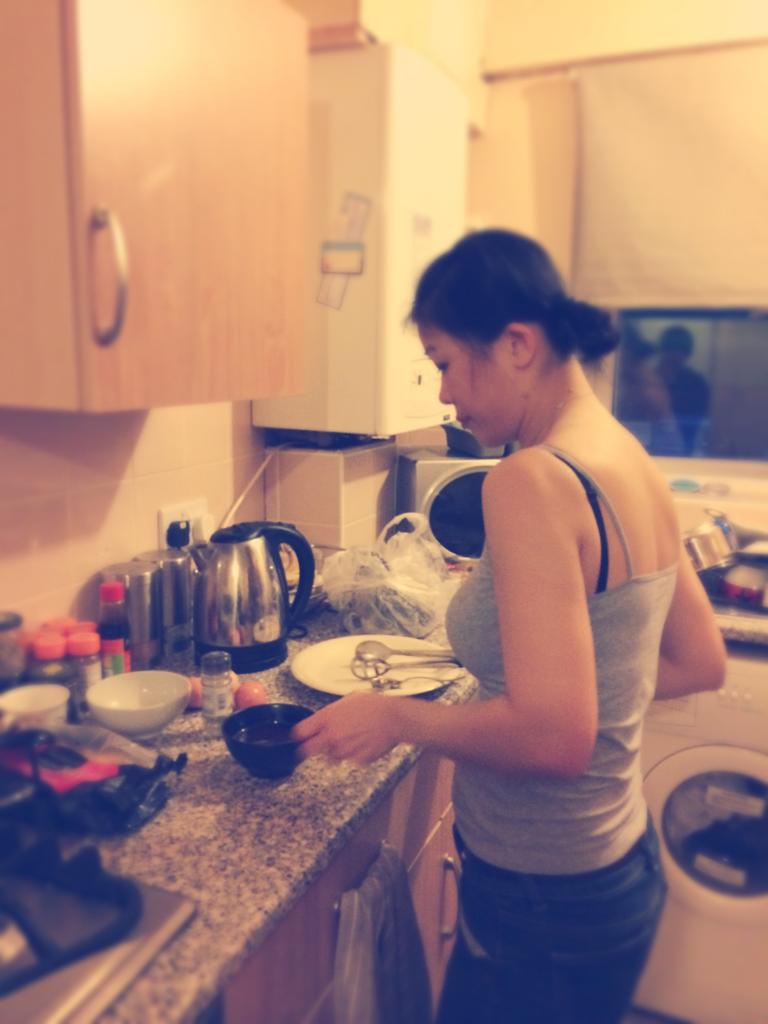
When she was pregnant with her second son, Theo, she was determined to cope better as a mother and to put her traumatic birth experience behind her. Ivy sought help from mental healthcare organisations only to find herself being stuck in a cycle of being prescribed more medication that was not helping her to identify the roof of her challenges.
In an unfortunate incident, Ivy found herself with an injured Theo in the emergency ward and was caught in the nightmare of being seen as a negligent mother. With the overwhelming environment and chaos within the emergency ward, Ivy had an extremely long drawn out meltdown from not being able to cope with that situation.
This is a situation that I know too well. While the public sees a woman being deranged, non-compliant, violent and out of control – I know this to be an autistic woman in distress, in pain, and in an agony of not being able to communicate her needs under duress and a disconnect from outsiders who could not see beyond our meltdown, and how we got there in the first place.
Following that incident, a social worker was assigned to find placements for her children to be away from her. Her eldest son was put in the care of her ex-husband, and Theo was put in the care of a foster family. Ivy was declared unfit to be the primary carer and wound up in a string of legal battles to prove her ability to an unempathetic system, that she should be the primary carer for her children.
_and_Seth_(R).jpg)
It was also in this period of seeking an answer to extricate herself from this painful situation, Ivy was finally correctly diagnosed with autism. Her diagnosis, as with many of us who got ours late in our adulthood, came too late, with many painful consequences. A young child had been taken away from his mother and his sibling. Many of these decisions were made without consideration of Ivy’s situation in context. Overnight, the health and social care services that are designed to help those in need, stripped away an autistic woman’s right to her children and punished her for it.
Ivy now lives with her eldest son, who had chosen to come back and live with her when he turned 18. Theo remains in foster care and she gets supervised visits only three times a year to see him. I asked her if she could continue to fight for him, now with the support of a formal diagnosis and with rising awareness of autism in women. Ivy points out that it is unfair to disrupt a young child’s stability if only it was for her to have him by her side.
_as_a_child_in_Kuantan.jpg)
She concedes that if she had been able to understand herself earlier, and been diagnosed earlier, she would’ve been able to better navigate and cope with her traumas, her birth experience and being a mother to two young boys with limited support from their fathers.
While her time with her youngest son is limited, she faithfully shows up at each visit, smiling and always with an armful of presents. She also shared that she would sometimes borrow money to buy his Christmas present when she could not afford to. When he was younger, she would make him his presents, and it comforts her to know that he still keeps them to this day.
Ivy often tells me how difficult it was at the beginning of these visits and all she could do is play and talk to him for a few hours at each time. It is not possible to mother him, but it is all she could do, and she would continue showing up until he turns 18, and can make his own decisions about what will be in the future for them.
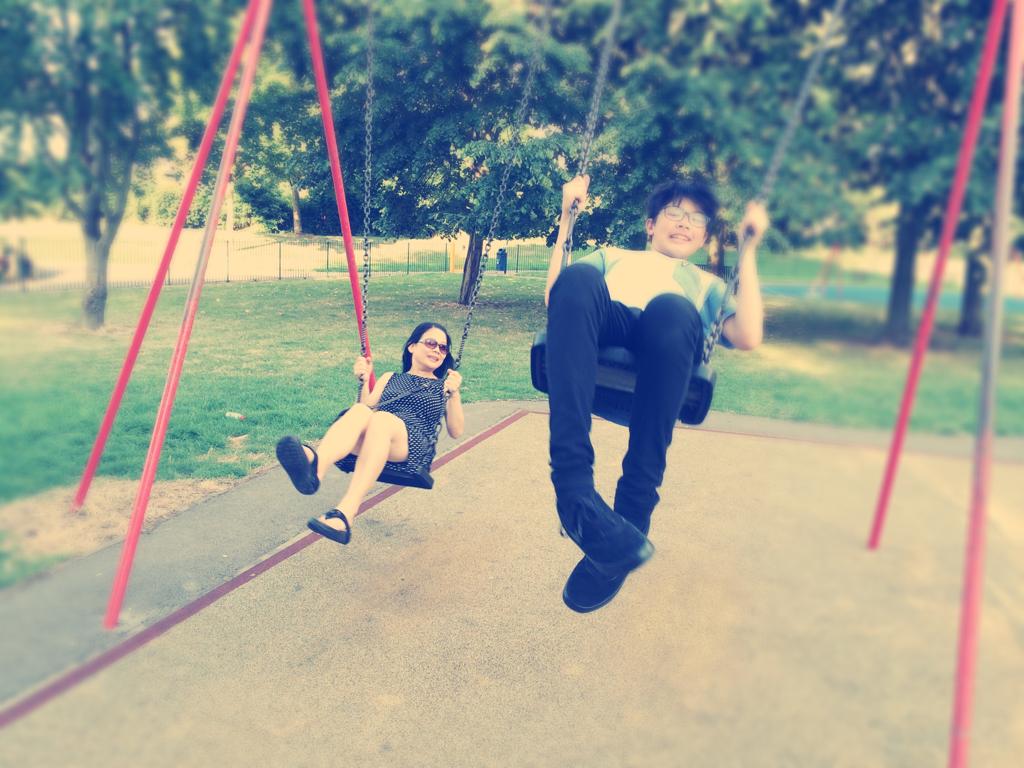
With the autism diagnosis, she can find herself and also understand how she interacts with her environment and the people around her. By knowing where her strengths are and where it is challenging for her, she is taking back her dignity and her right to be her own person, on her terms. Both her sons are also now getting to know more intimately who their mother is.
“Being a mother meant the world to me, and I don’t want my children to have the same upbringing as me. I was quite scared when I became a mother for the first time. Being autistic and being their mum hasn’t changed my view of motherhood.
“My sons are my world. My challenge was the high dosage of medication prescribed to me which led to my failure to provide consistent care for my children, I struggled to meet my children’s needs without their father’s support. If I was well with my needs being met and with sufficient support, I would have coped well”
In telling Nik Didi’s and Ivy’s stories, I am forced to take a hard look at my relationship with my mother and my perspective on being a mother. Motherhood is a gift and a life-long responsibility. I understand a lot more now, that sometimes mothers do not have all the answers. But they all want their children to be well, to be happy, to be loved. No mother knows what is best for each child, but they all try.
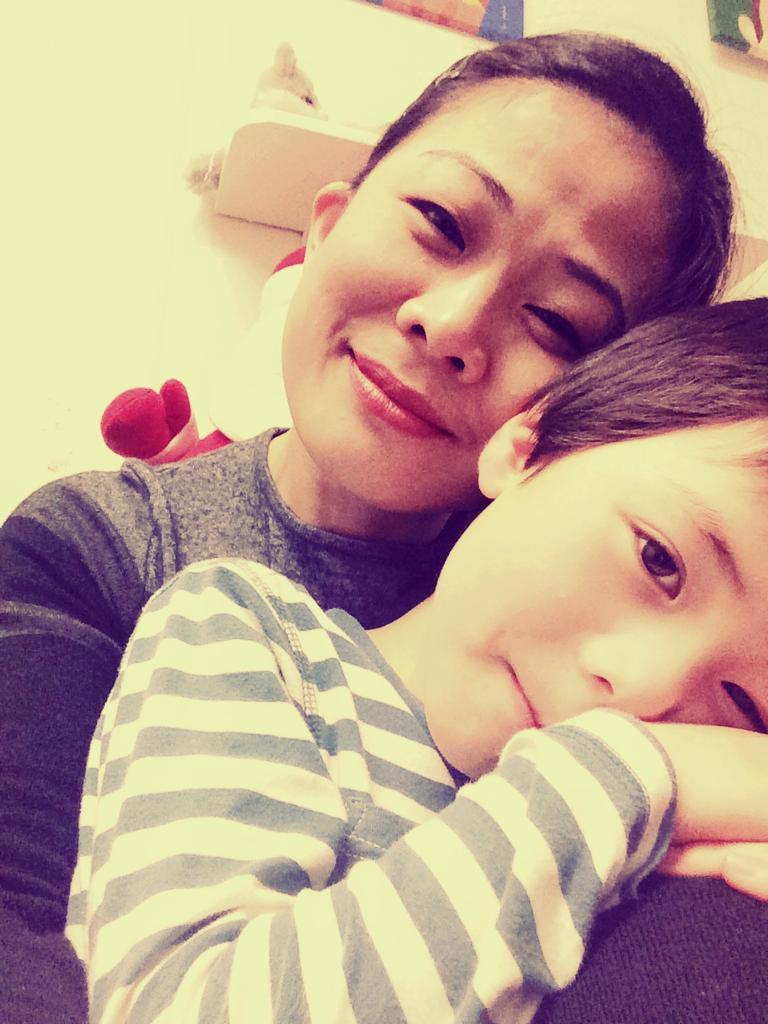
Motherhood is also a shared communal journey, and society plays a big part in empowering mothers to thrive so their needs are met, thus empowering them to raise children who will blossom to be individuals that are loved. Nik Didi had leaned on a community to thrive, Ivy and I had failed by societal standards of holding women like us to an unfair benchmark, and not allowing us to be who we were born to be, autistic women. Society failed my mother when they did not give her the tools and support to understand her daughter.
Telling both their stories and the crossroads of motherhood and autism, I didn’t find the answer I was looking for, but this was the answer that I needed. We all need to find grace for mothers. I need to find grace to know that my mother did her best, with what she knew. I need to give myself grace for the painful decisions I have made. – The Vibes, May 8, 2022
Beatrice Leong is a documentary filmmaker and entrepreneur attached to a health tech startup initiative
This series on women with ASD, often known as 'The Lost Girls' by Beatrice, highlights new narratives and perspectives of autism from the inside. Read
Part 1 here.
Part 2 here.
Part 3 here.
Part 4 here.



